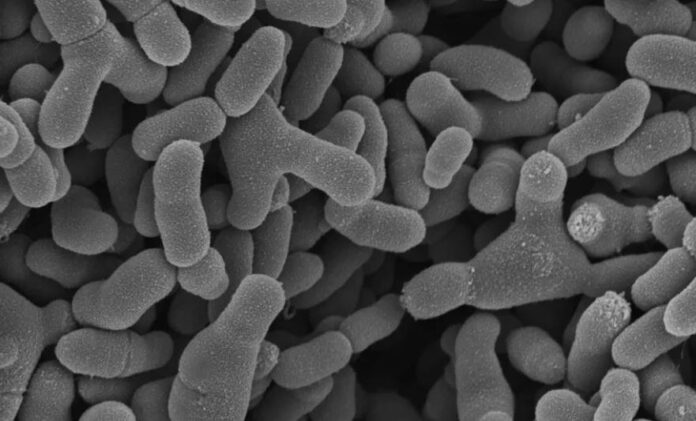A new study of over 2,000 baby stool samples in the UK has uncovered three distinct gut microbiome profiles in newborns, shedding light on how early bacterial colonization impacts infant health.
Researchers from the Wellcome Sanger Institute, University College London, and the University of Birmingham found that each profile is dominated by different types of “pioneer bacteria.” One beneficial bacterium, Bifidobacterium breve, is believed to help newborns absorb nutrients from breast milk and protect against infections.
Also Read: Mpox Patients Struggle with Medicine and Food Shortages in East DR Congo Hospital
In contrast, Enterococcus faecalis, found more often in babies whose mothers received antibiotics during labor, may increase the risk of infections. The study noted that feeding methods, such as breastfeeding or formula, did not significantly affect which bacteria were present in newborn guts.
These findings highlight the need for further research on how early gut microbiome development may influence long-term health outcomes.
The study also points out that while the types of pioneer bacteria were consistent regardless of feeding method, the presence of specific bacteria like B. breve and E. faecalis suggests that early microbial environment can have varying implications for a newborn’s health. Researchers emphasize that understanding these profiles could be crucial for developing strategies to support healthy microbiome development in infants.
Furthermore, the research underscores the importance of considering maternal health interventions, such as antibiotic use during labor, as they can influence the microbial landscape of a newborn’s gut. Future studies are needed to explore how these early microbial differences might affect an infant’s immune system and overall well-being as they grow.
Key Points:
- Distinct Gut Microbiome Profiles Identified: Analysis of over 2,000 baby stool samples revealed three unique gut microbiome profiles in newborns.
- Beneficial and Risky Bacteria: Bifidobacterium breve is linked to improved nutrient absorption and infection prevention, while Enterococcus faecalis may increase infection risk, especially in babies whose mothers had antibiotics during labor.
- Feeding Methods Do Not Influence Pioneer Bacteria: The study found no significant impact of breastfeeding or formula feeding on the types of pioneer bacteria present in newborns.
- Need for Further Research: The study highlights the importance of understanding early microbiome development and its potential effects on future health, with a focus on maternal health interventions.



